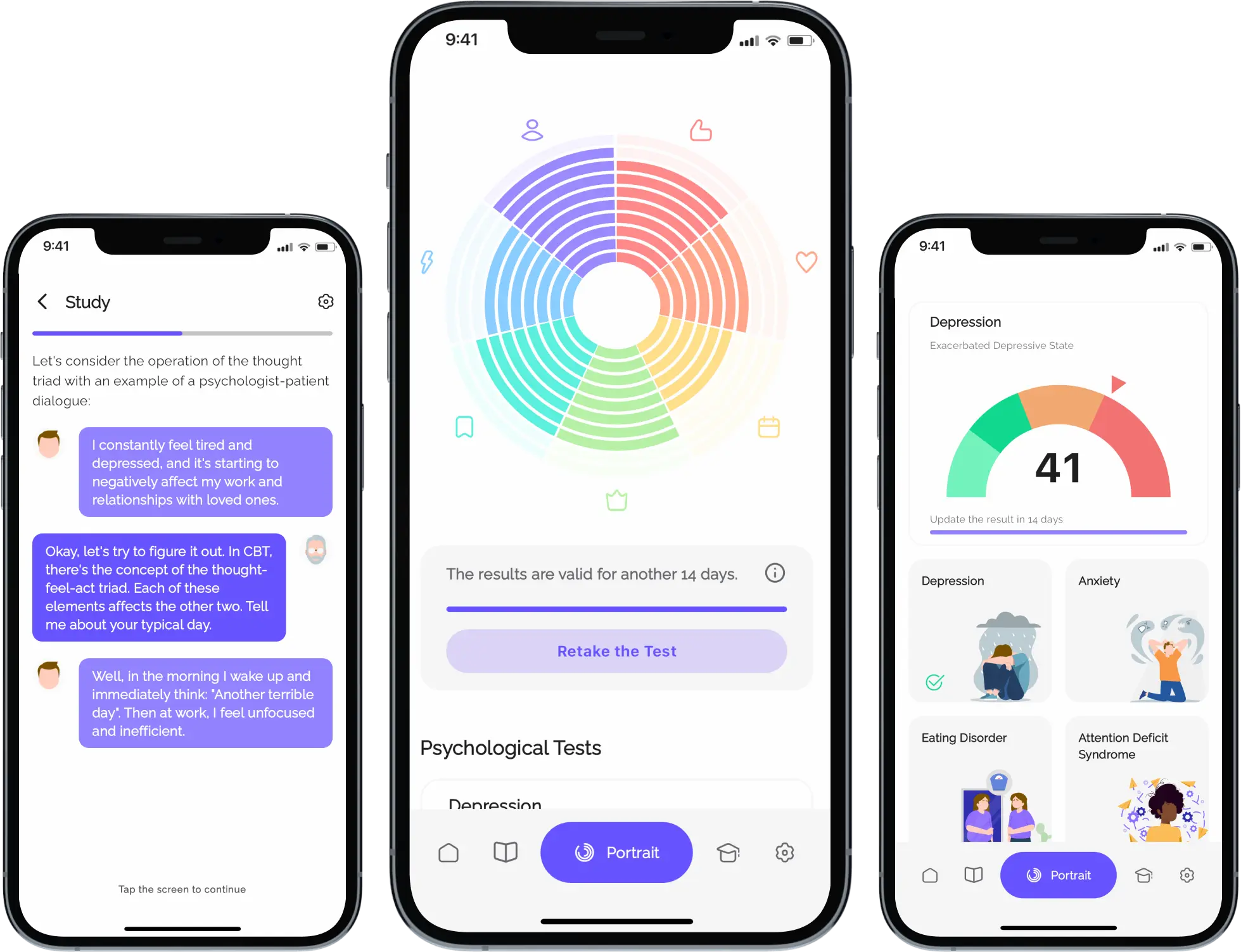
We all enjoy receiving approval from those around us. We strive to find confirmation of our significance in the views and assessments of other people. After all, we are social beings, and completely separating ourselves from society is practically impossible.
However, when the need for approval turns into dependency, it becomes a burden that holds us back and prevents us from living fully.
You may have noticed thoughts like these in yourself: «If he didn't praise me, something must be wrong with me», or «If someone doesn't approve of me, it's terrible».
Such thoughts can swing you like a pendulum: you feel happy when you're praised, and your spirits drop when you're criticized.
The beliefs from which such thoughts stem are absolutely illogical. For example, you might be convinced that someone's approval, praise, or compliment means that you are a good/smart/beautiful or capable person.
If you think well of yourself, why do you need someone else to think well of you.
Mikhail Litvak
However, you don't consider that only your own beliefs can influence your emotions.
Compliments won't improve your mood if you don't believe in their sincerity. Our mood improves when we're confident that we deserve the praise.
More content in our app
You're only seeing a portion of the content. In the app, you'll find numerous interactive articles. Additionally, there are psychological tests to track your mood dynamics, a daily planner, an automatic thought journal, and much more!

Many of us have encountered situations where praise seemed insincere, where we felt someone was trying to deceive us to avoid hurting our feelings, and we didn't take their words seriously.
Did you enjoy such praise? Probably not. Because before your mood improves, you first verify the external approval for authenticity. This verification is a process of self-approval.
For example, a good review of your work from your boss will be taken as praise, lifting your mood and allowing you to think you're a good specialist. While words from someone, like your mother, who isn't familiar with your field, won't have the same effect.
This is because you don't believe these words are true. You doubt them. Based on this, only your own beliefs about yourself can affect how you feel.
Others can say anything about you, good or bad, but your emotions depend solely on your own thoughts.
You pay a high price for dependency on praise — hypersensitivity to the opinions of others.
Like an addict who is deprived of their substance and suffers from withdrawal, you suffer from the absence of praise; you need to constantly feed your dependency.
When someone important to you expresses disagreement — you experience painful feelings. In such cases, you begin to sacrifice your own interests because you are so afraid of being rejected.
Many famous criminals, like Charles Manson who promoted sadism and murder, have numerous followers. Despite his terrible acts, he had followers who considered him a messiah.
If even someone like Charles wasn't completely isolated after what he did, what terrible thing have you done that would cause everyone to reject you? Does the approval he received make him a worthy person? Do you still think that approval = value?
Receiving approval is pleasant, it's a natural need: it's important for us to know that we're doing everything right, that we're valued, and that what we do matters.
Similarly, when you're rejected or not approved of — it's not the most pleasant thing. Yes, it's quite reasonable to feel disappointment from this.
However, you find yourself in troubled waters if you continue to believe that approval and disapproval adequately reflect your worth.
Do you criticize others? Do you allow yourself to disagree with someone else's opinion? Probably yes. And when you disagree or don't approve, do you make categorical conclusions about the person? Most likely, you simply hold a different point of view.
Or rather, do you think that you simply hold a different point of view? Could it be that you're upset by what someone did or said, rather than by the person themselves?
The people around you may have many flaws, but this doesn't make them completely worthless.
If you understand that your disapproval doesn't destroy a person's value, then why do you give others such superpower that can completely strip you of your own value?
When you worry that someone doesn't like you, you exaggerate the wisdom and knowledge of the other person and show that you're unable to make a sound judgment about yourself.
Of course, someone may point out your shortcomings. And this will be useful: that way you can learn something. After all, we're all imperfect, and others have the right to tell us about it sometimes.
The reasons for dependency on approval can be various: some suffered from bullying at school, some grew up under the pressure of parental expectations, some were told that praise is good, and its absence means guilt. Or perhaps unsuccessful romantic relationships left their mark.
It's important to realize that dependency on approval is often linked to upbringing and behavioral models learned in the family. Children believe everything that adults say, and this can form a habit of putting themselves down.
You've grown up, but others' approval compensates for your lack of healthy self-esteem.
It's not your fault that as a child you learned such behavior, and you can't be blamed for growing up with such a blind spot.
But now your responsibility as an adult is to assess the realism of your beliefs and take concrete measures to help change your thinking.
Next, we'll look at specific steps that will help you apply these principles in practice, so that healthy self-esteem and self-respect become your emotional reality.








